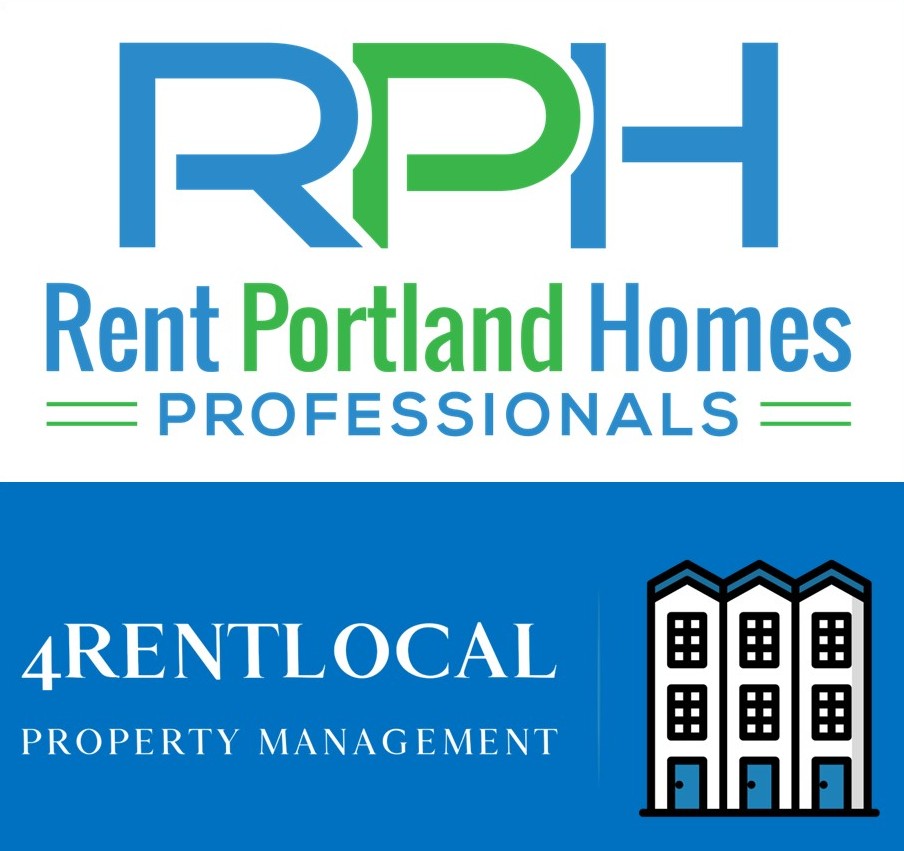Property Management vs DIY: Making the Right Choice for Your Investment
Investing in real estate can be a lucrative venture, but managing rental properties effectively can be a challenging task. As a property owner, you have two options: hiring a professional property manager or taking on the responsibility of managing your rental property yourself. In this article, we will explore the pros and cons of both approaches, and help you make an informed decision about the best choice for your investment.

Pros and Cons of Hiring a Property Manager
Hiring a property manager can offer numerous advantages for property owners. One of the primary benefits is the expertise and experience they bring to the table. A professional property manager has a deep understanding of the rental market and can help you set the optimal rent for your property. They also have the necessary skills to attract high-quality tenants and conduct thorough background checks. Additionally, a property manager can handle all aspects of property maintenance, including repairs, regular inspections, and emergency situations.
However, it’s important to consider the potential downsides of hiring a property manager. One significant disadvantage is the cost. Property managers typically charge a percentage of the monthly rent or a flat fee, which can eat into your rental income. Another concern is the lack of direct control over your property. When you hire a property manager, you entrust them with the responsibility of making decisions on your behalf. If you prefer to have a hands-on approach and be involved in every aspect of property management, this may not be the best choice for you.
Pros and Cons of Managing Your Rental Property Yourself
Managing your rental property yourself can be a rewarding experience, especially if you enjoy being hands-on and have the time and expertise to handle the various responsibilities. One of the most significant advantages of DIY property management is the potential cost savings. By taking on the tasks yourself, you eliminate the need to pay a property manager’s fees. This can significantly increase your rental income and overall return on investment.
Another advantage of managing your property yourself is the direct control you have over every decision. You can personally screen potential tenants, set your own rental rates, and handle maintenance and repairs as per your preferences. This level of control can be appealing to hands-on property owners who want to be involved in every aspect of property management.
However, self-managing your rental property also comes with its own set of challenges and drawbacks. One major disadvantage is the time and effort required. Managing a rental property can be a demanding task, especially if you have multiple properties or a full-time job. It involves dealing with tenant inquiries, property maintenance, rent collection, lease agreements, and legal issues. Additionally, if you lack experience in property management, you may encounter difficulties in dealing with difficult tenants or resolving disputes.

Factors to Consider When Deciding Between Property Management and DIY
When deciding between property management and DIY, there are several key factors you should carefully consider. Firstly, assess your availability and commitment. Managing a rental property requires a significant time investment, and if you have a busy schedule or other commitments, hiring a property manager may be the more practical choice. On the other hand, if you have the time and willingness to handle the responsibilities, DIY management could be a viable option.
Secondly, evaluate your expertise and experience in property management. If you are new to the real estate industry or lack knowledge in areas such as tenant screening, lease agreements, and property maintenance, hiring a property manager can provide you with the necessary expertise and guidance. However, if you have prior experience or are willing to learn and educate yourself, managing your property yourself may be a viable option.
Another crucial factor to consider is your financial situation. Calculate the potential costs involved in hiring a property manager and compare them to the potential savings of managing your property yourself. If the fees of a property manager outweigh the financial benefits, self-management may be the better choice. However, if you have the financial means and prefer to delegate the responsibilities to a professional, hiring a property manager can provide peace of mind and convenience.

The Importance of Property Management for Investment Properties
Effective property management is crucial for the success of your investment property. Whether you decide to hire a property manager or manage the property yourself, it is essential to recognize the importance of this role. A well-managed property can attract and retain high-quality tenants, maximize rental income, and protect the long-term value of your investment.
One key aspect of property management is tenant screening. A property manager can conduct thorough background checks, verify employment and income, and check references to ensure that you select tenants who are reliable and financially stable. This can significantly reduce the risk of non-payment or property damage caused by irresponsible tenants.
Additionally, property managers can handle all aspects of property maintenance. From responding promptly to repair requests to conducting regular inspections, they ensure that your property remains in good condition. This proactive approach can prevent minor issues from escalating into costly repairs and maintain the overall appeal and value of your property.

How a Property Manager Can Save You Time and Reduce Stress
Managing a rental property can be a time-consuming and stressful endeavor. Hiring a property manager can alleviate much of this burden and provide you with valuable time and peace of mind. A property manager can handle all the day-to-day tasks associated with property management, such as advertising vacancies, conducting showings, and screening potential tenants. They can also take care of rent collection, lease agreement enforcement, and handling tenant inquiries and complaints.
By delegating these responsibilities to a property manager, you can focus on other aspects of your life or invest your time in finding new investment opportunities. Whether you have a full-time job, multiple properties, or simply prefer to have more free time, hiring a property manager can give you the freedom to pursue other interests while still reaping the benefits of owning investment properties.

The Costs of Hiring a Property Manager vs. Managing Your Property Yourself
One crucial aspect to consider when deciding between property management and DIY is the financial implications. Hiring a property manager comes with associated costs, which can impact your overall return on investment. Most property managers charge a percentage of the monthly rent, typically ranging from 8% to 12%, or a flat fee. Additionally, some property managers may charge additional fees for services such as advertising, maintenance, or tenant placement.
On the other hand, managing your property yourself can lead to potential cost savings. By eliminating property management fees, you can retain a larger portion of your rental income. However, it is important to consider the value of your time and effort. Managing a rental property can be a demanding and time-consuming task, and if you have other commitments, the potential savings may not outweigh the benefits of hiring a property manager.

Finding the Right Property Manager for Your Investment Property in Portland
If you decide that hiring a property manager is the right choice for your investment property, it is essential to find the right professional for the job. In Portland, where the rental market is competitive, finding a reliable and experienced property manager is crucial. Here are a few key questions to ask when interviewing potential property managers:
- How many properties do you currently manage, and what types of properties are they?
- Can you provide references from current or past clients?
- What is your approach to tenant screening and selection?
- How do you handle property maintenance and repairs?
- What are your fees and what services do they include?
By asking these questions, you can evaluate the property manager’s experience, track record, and suitability for your specific investment property. It is also recommended to inquire about their knowledge of local rental laws and regulations to ensure compliance and avoid potential legal issues.

Conclusion: Making the Right Choice for Your Investment Property
In conclusion, the decision between property management and DIY for your investment property should be based on careful consideration of various factors. Hiring a property manager can provide expertise, save you time, and reduce stress. However, it comes with associated costs and a potential lack of direct control. On the other hand, managing your property yourself can offer cost savings and complete control, but it requires a significant time commitment and expertise.
Evaluate your availability, expertise, and financial situation to determine the best choice for your investment property. Remember that effective property management is vital for the success of your investment, regardless of the chosen approach. Whether you decide to hire a property manager or manage the property yourself, prioritize tenant screening, property maintenance, and ensuring compliance with local laws and regulations.
Contact 4 Rent Local
At 4 Rent Local, we specialize in local property management for the Portland Oregon area. To learn more about the services that we can offer you, contact us today by calling (503) 447-7788 or click here!












